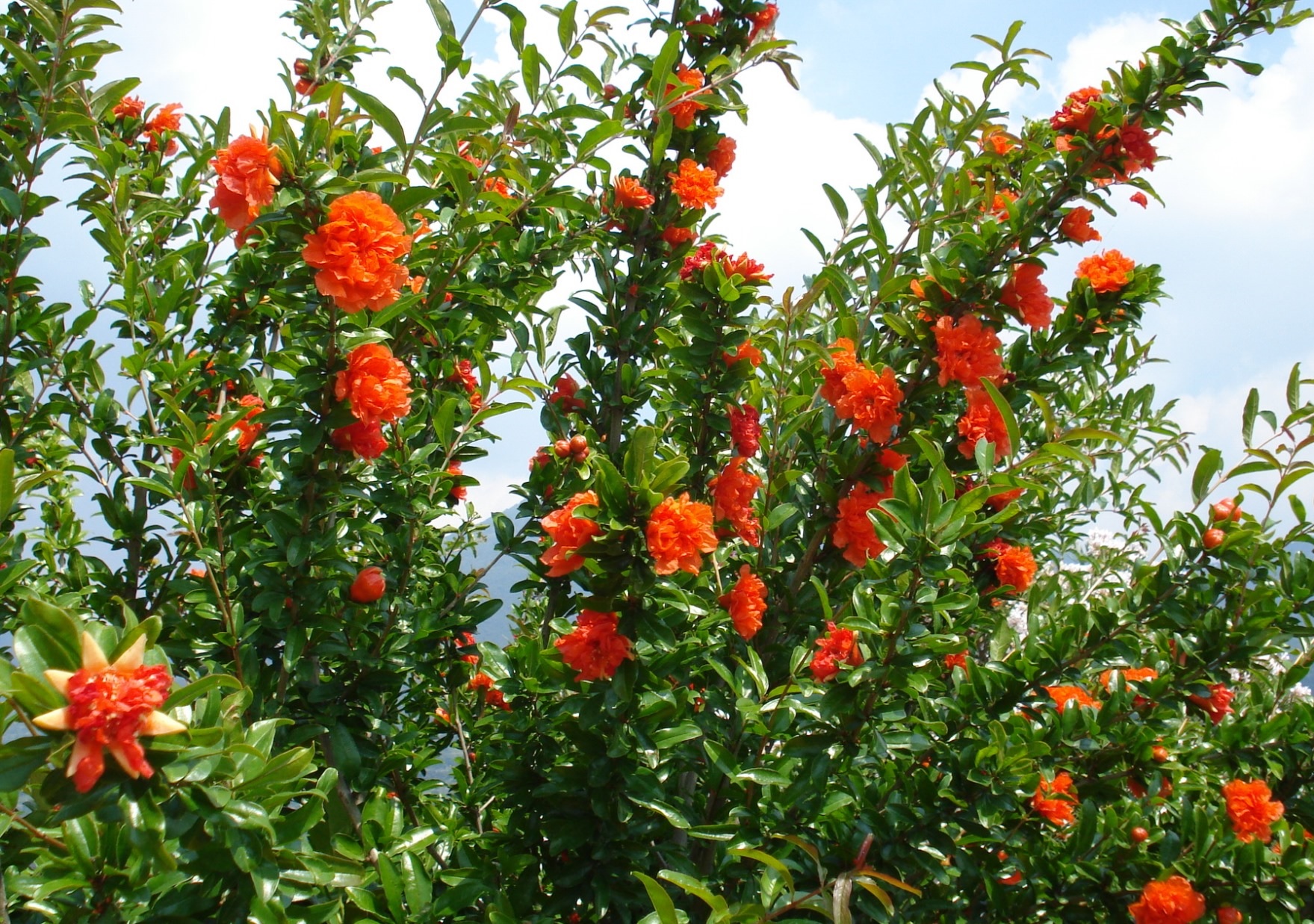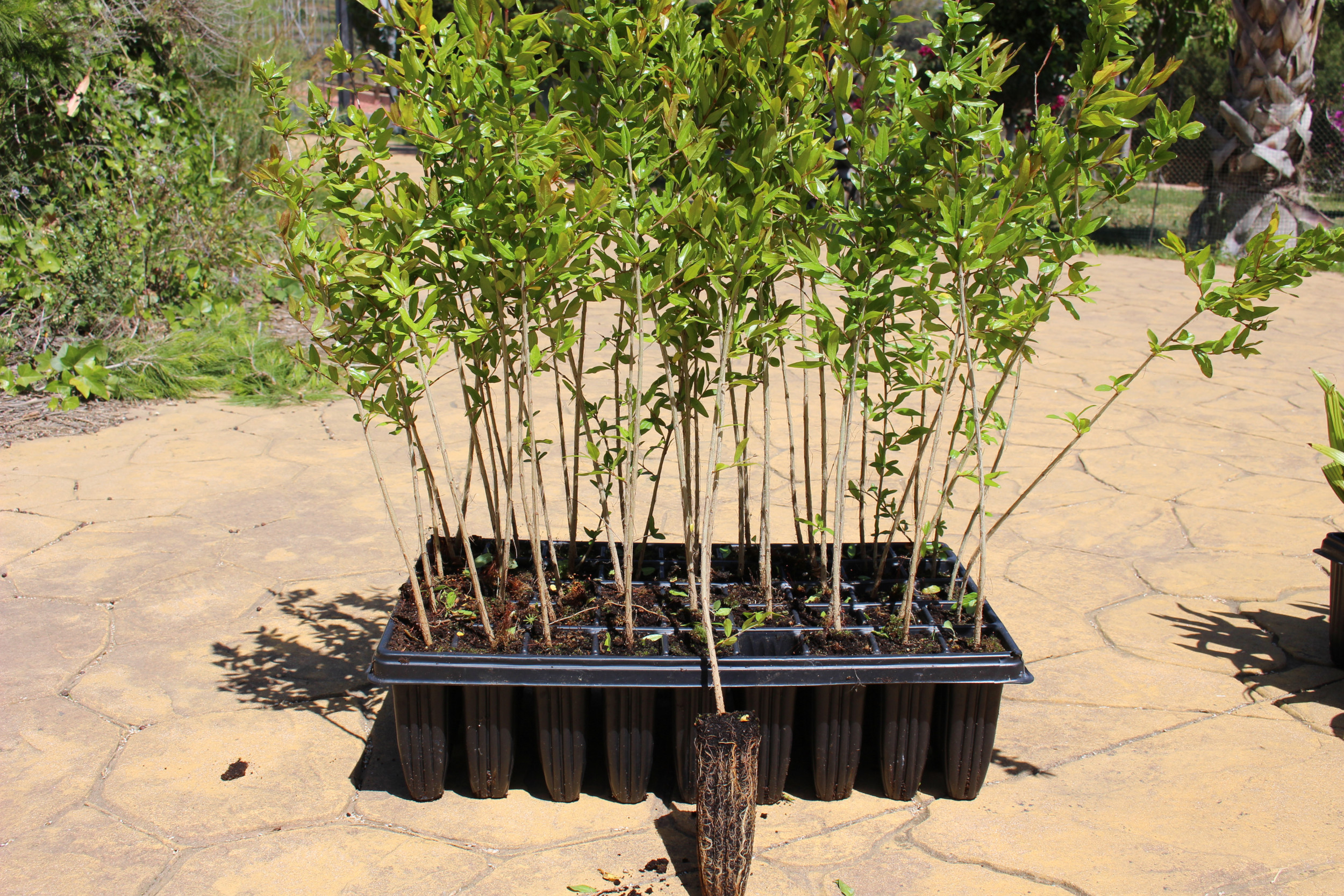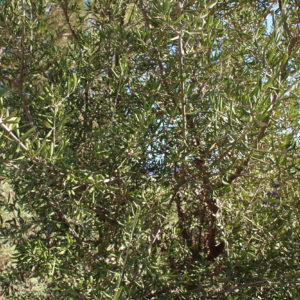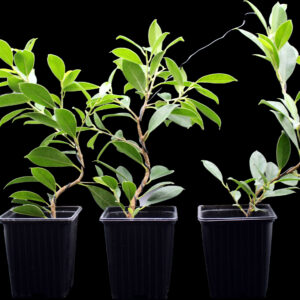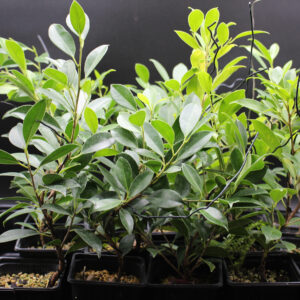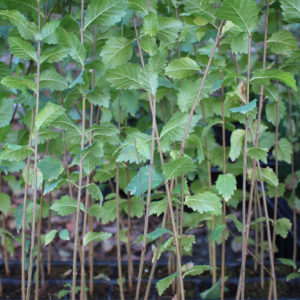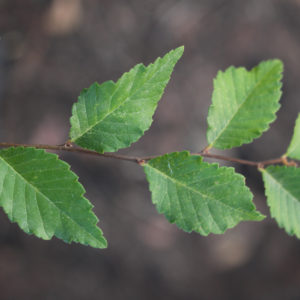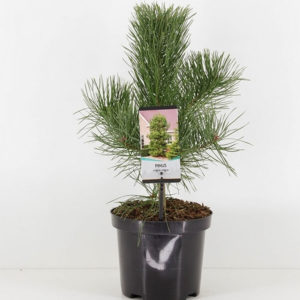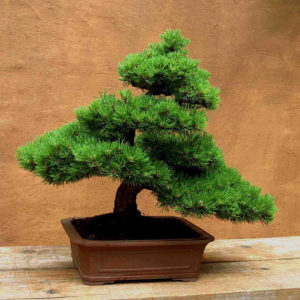Description
Punica granatum, commonly known as the pomegranate, is a fruit-bearing deciduous shrub that belongs to the family Lythraceae. Revered for its vibrant ruby-red arils and rich historical significance, the pomegranate holds a special place in culinary, medicinal, and cultural realms worldwide.
Botanical Background:
Punica granatum is native to regions stretching from Iran to the Himalayas in northern India, and has been cultivated throughout the Mediterranean region, Asia, Africa, and more recently, the Americas. This versatile shrub typically grows to a height of 5 to 8 meters, boasting glossy, dark green leaves and striking scarlet flowers that develop into the iconic spherical fruit.
Cultural and Historical Significance:
Dating back thousands of years, the pomegranate holds symbolic significance in various cultures. In Greek mythology, it symbolizes fertility, prosperity, and eternal life, while in Judaism, it is a prominent motif, representing righteousness and abundance. Pomegranates have also been depicted in ancient Egyptian tombs, highlighting their cultural significance throughout history.
Nutritional Value:
Punica granatum is not only revered for its aesthetic appeal but also for its exceptional nutritional profile. Packed with antioxidants, vitamins, and minerals, pomegranates are a rich source of vitamin C, vitamin K, potassium, and dietary fiber. The arils contain potent polyphenols, particularly punicalagins and anthocyanins, which contribute to their vibrant color and numerous health benefits.
Health Benefits:
Research suggests that consuming pomegranates and their derivatives may offer a plethora of health benefits. Their antioxidant properties help combat oxidative stress, reducing the risk of chronic diseases such as heart disease, diabetes, and certain types of cancer. Pomegranate juice has also been shown to lower blood pressure, improve cholesterol levels, and enhance exercise performance.
Culinary Uses:
Pomegranates are celebrated for their versatility in culinary applications. The juicy arils add a burst of flavor and texture to various dishes, ranging from salads and desserts to savory entrees and beverages. Pomegranate molasses, a syrup made from reduced pomegranate juice, is a popular ingredient in Middle Eastern cuisine, lending a sweet-tart flavor to dishes like muhammara and fattoush.
Medicinal Applications:
In traditional medicine systems such as Ayurveda and traditional Chinese medicine, pomegranate has been utilized for its medicinal properties. It is believed to possess anti-inflammatory, antibacterial, and antiviral properties, making it beneficial for treating conditions such as sore throat, digestive disorders, and skin ailments. Pomegranate extract is also used in cosmetic products for its skin-rejuvenating properties.
Cultivation and Harvesting:
Punica granatum thrives in regions with hot, dry summers and mild winters, making it adaptable to various climates. The shrub prefers well-drained soil and ample sunlight, although it can tolerate partial shade. Pomegranates are typically harvested in the fall when the fruits reach their peak ripeness, characterized by their vibrant color and sweet-tart flavor.
Punica granatum, the pomegranate, is more than just a fruit; it is a symbol of vitality, prosperity, and cultural heritage. From its ancient roots to its modern-day applications in cuisine, medicine, and beyond, the pomegranate continues to captivate people worldwide with its beauty and bountiful benefits. Whether enjoyed fresh, juiced, or incorporated into various dishes, the pomegranate remains a true marvel of nature, enticing both the palate and the imagination.
Scientific name: Punica Granatum
Common name: Pomegranate
Origin: Spain
Height of growth: Up to 5 metres
Hardy: Yes up to -10°C
Heat sensitive: No
Sensitive to wind: No
Suitable as bonsai: Yes
Plant height: 25 cm
Additional information
| Weight | 0,2 kg |
|---|---|
| Dimensions | 50 cm |
